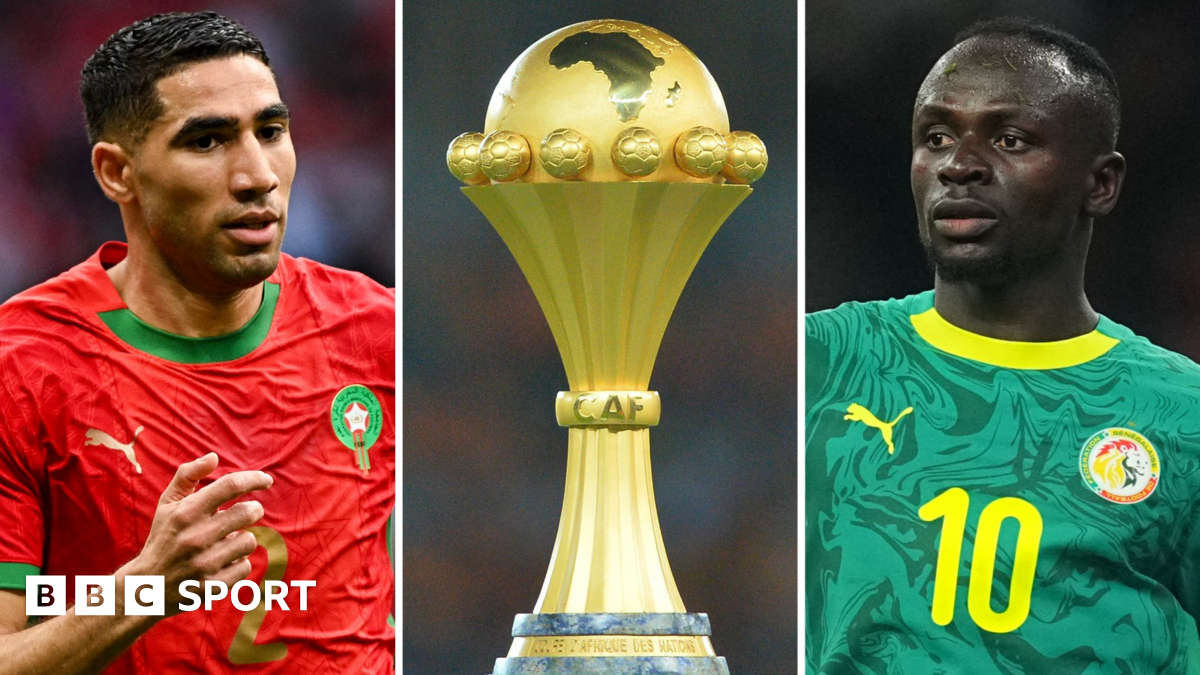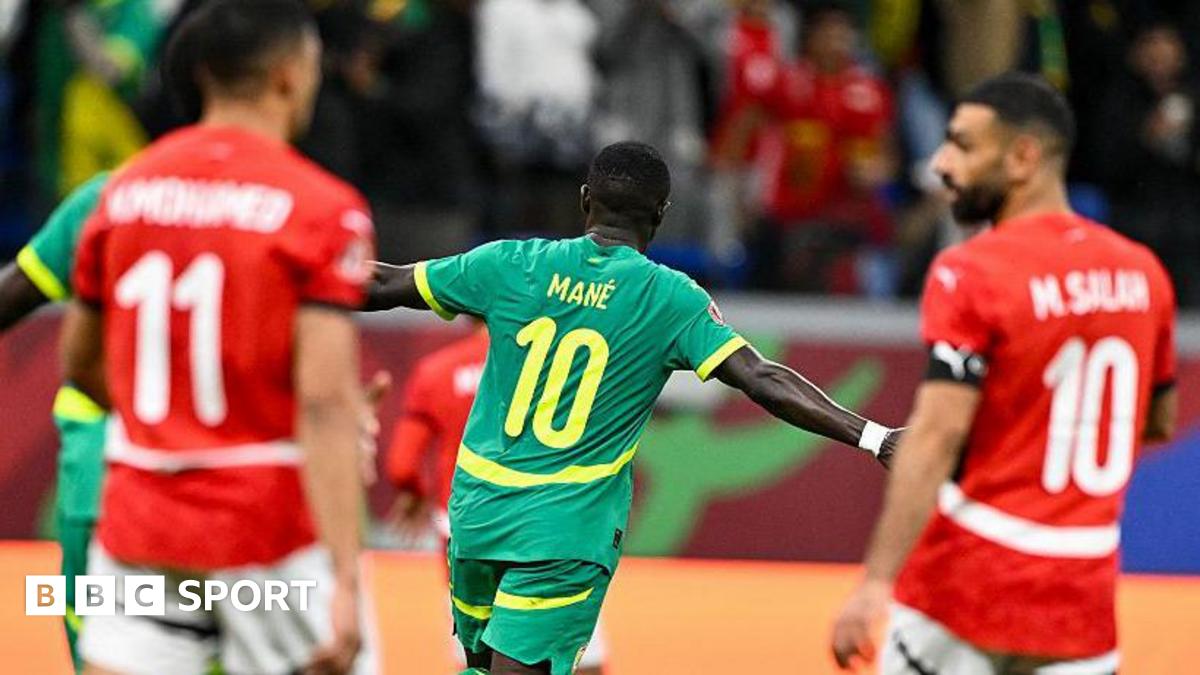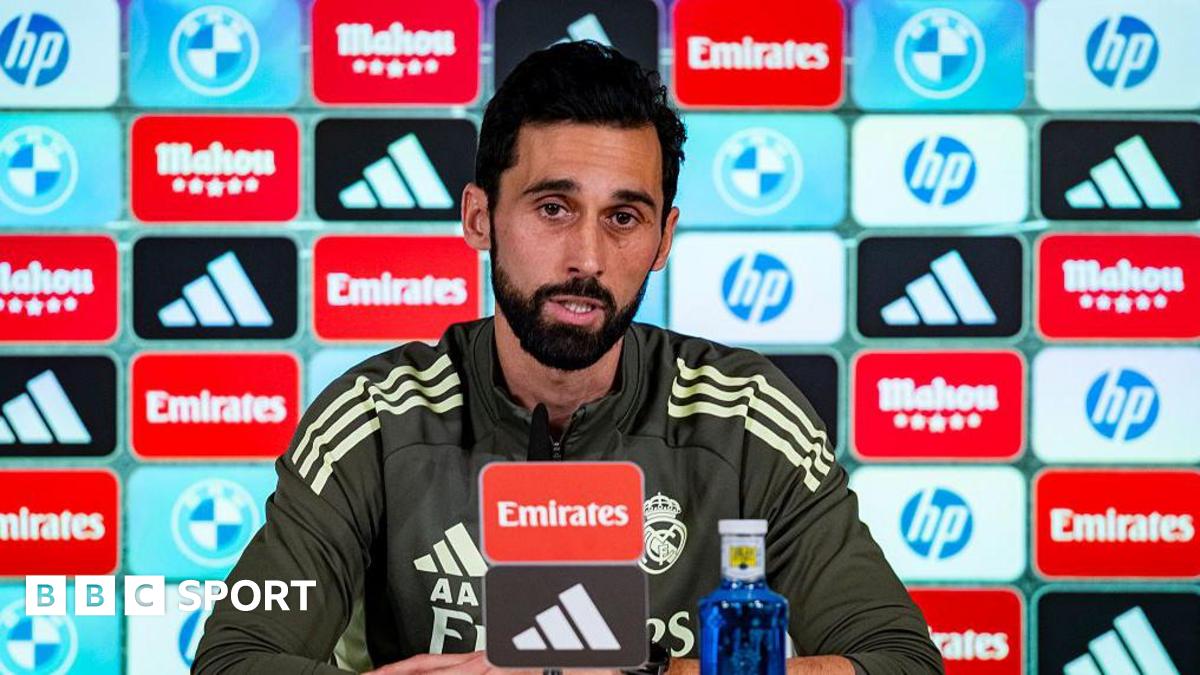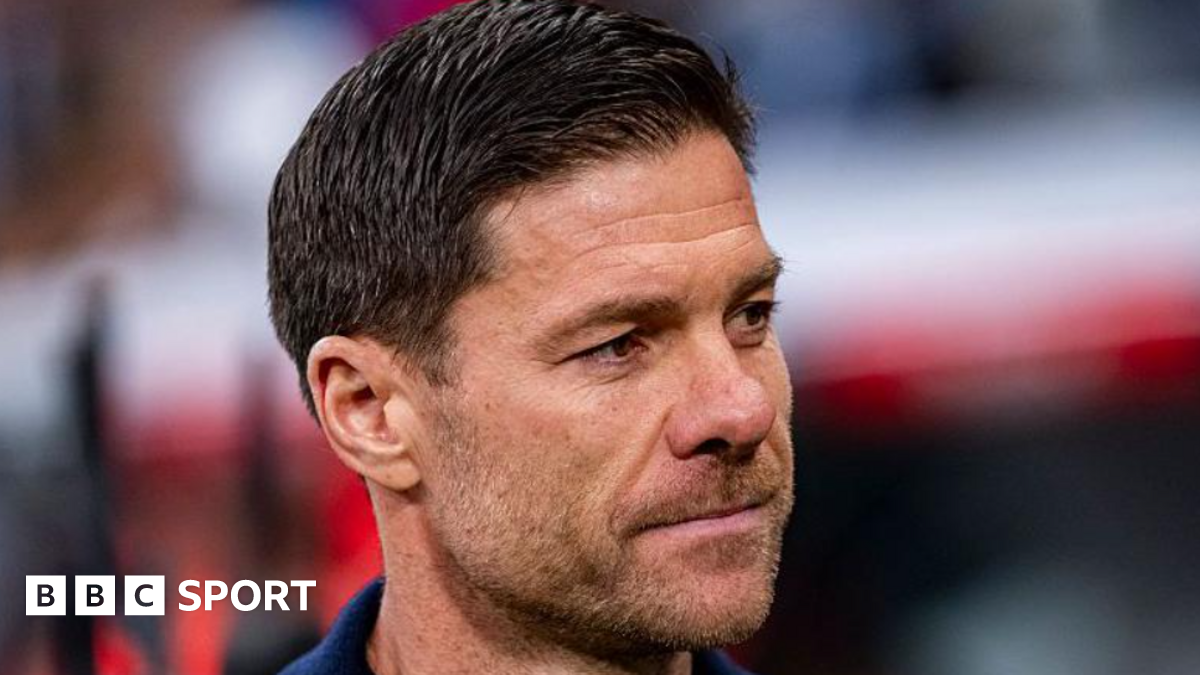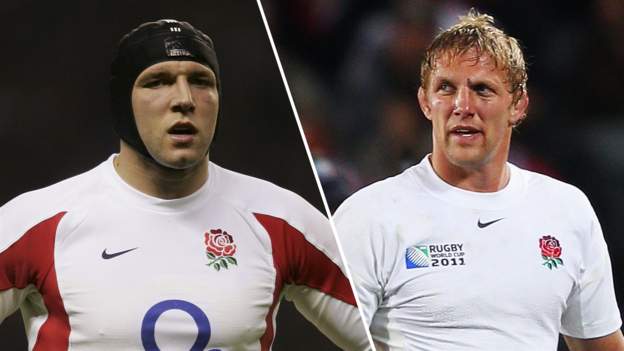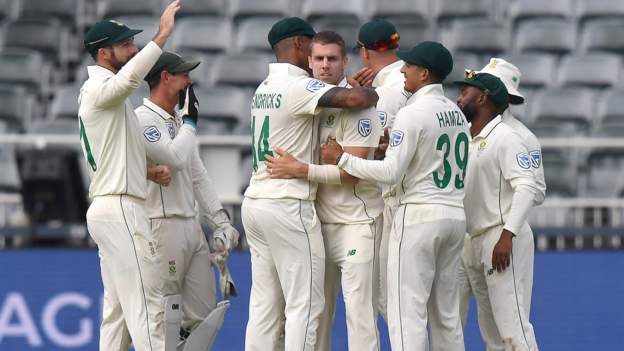World Cup winners Ben Kay and Lewis Moody say the amount of contact in training should be limited while research into a possible link between rugby and brain injuries continues.
The group have started a claim against rugby’s authorities for negligence.
“Limiting contact in training already happens to a degree,” said Moody.
The former Leicester and England flanker said he “loved” the contact in training during his career and “wouldn’t have had it any different” but that there is “much more information” around concussion and head injuries now.
“There was a lazy attitude towards concussion because of the lack of knowledge and research that was around at the time,” Moody told BBC Sport.
“More still needs to be done, but the game is moving in the right direction.”
In 2011, a group of former American football players who suffered brain damage as result of concussions started a class action against the NFL and won a settlement worth about $1bn (£700m).
NFL sides are now limited to 14 full-contact practices during the regular season and Moody said rugby could eventually employ a similar rule.
Kay, who played alongside Moody for Leicester and England, said there could be “unintended consequences” if all contact training was banned.
“You are going to get more injuries in matches because they aren’t practicing how to tackle safely, which leads to more head knocks,” he said.
However, he added: “Limiting as many contacts as you can during the week would be the way forward. I’d be all for having a set time period that players can do contact during the week.”
Former World Rugby medical adviser Dr Barry O’Driscoll told BBC Radio 5 Live that “rugby cannot be played safely in its current guise” and that removing “anything more than minor head contact” in training is one step the sport must take to become safer.
Thompson, former Wales international Alix Popham and the rest of the group have all recently been diagnosed with the early signs of dementia, and they say repeated blows to the head are to blame.
Global governing body World Rugby told BBC Sport: “While not commenting on speculation, World Rugby takes player safety very seriously and implements injury-prevention strategies based on the latest available knowledge, research and evidence.”
The Rugby Football Union (RFU), which runs the sport in England, said: “The RFU has had no legal approach on this matter. The Union takes player safety very seriously and implements injury prevention and injury treatment strategies based on the latest research and evidence.
“The Union has played an instrumental role in establishing injury surveillance, concussion education and assessment, collaborating on research as well as supporting law changes and law application to ensure proactive management of player welfare.”
The Welsh Rugby Union (WRU) said it “supported and endorsed the World Rugby comment on the subject”.
Concussion was ‘the norm of our era’
Moody, whose father has early-onset dementia, said he felt a great “sadness” after learning about Thompson’s condition and Kay said it was tough “when a friend bares his soul with how he’s struggling with it”.
All eight players to have come forward so far have been diagnosed by neurologists at King’s College London with early onset dementia and probable Chronic Traumatic Encephalopathy (CTE), which can only be diagnosed in a brain after death.
CTE can develop when the brain is subjected to numerous small blows or rapid movements – sometimes known as sub-concussions – and is associated with symptoms such as memory loss, depression and progressive dementia.
Moody, who played professionally from 1996 to 2012, said concussion was “the norm of our era” and players “just carried on” because there was less knowledge around head injuries compared to other injuries.
Kay, who retired in 2010, said he was never “fully knocked out” while playing but his “worry” is about the “repeated blows” he received while making tackles.
Both said they did not believe there was any neglect by medical professionals during their time in the game.
“I always felt that they had our best interests at heart – maybe I’m not a good example because I never wanted to leave the pitch, but I did always feel they had our back,” said Moody.
More information about dementia and details of organisations that can help can be found here.


